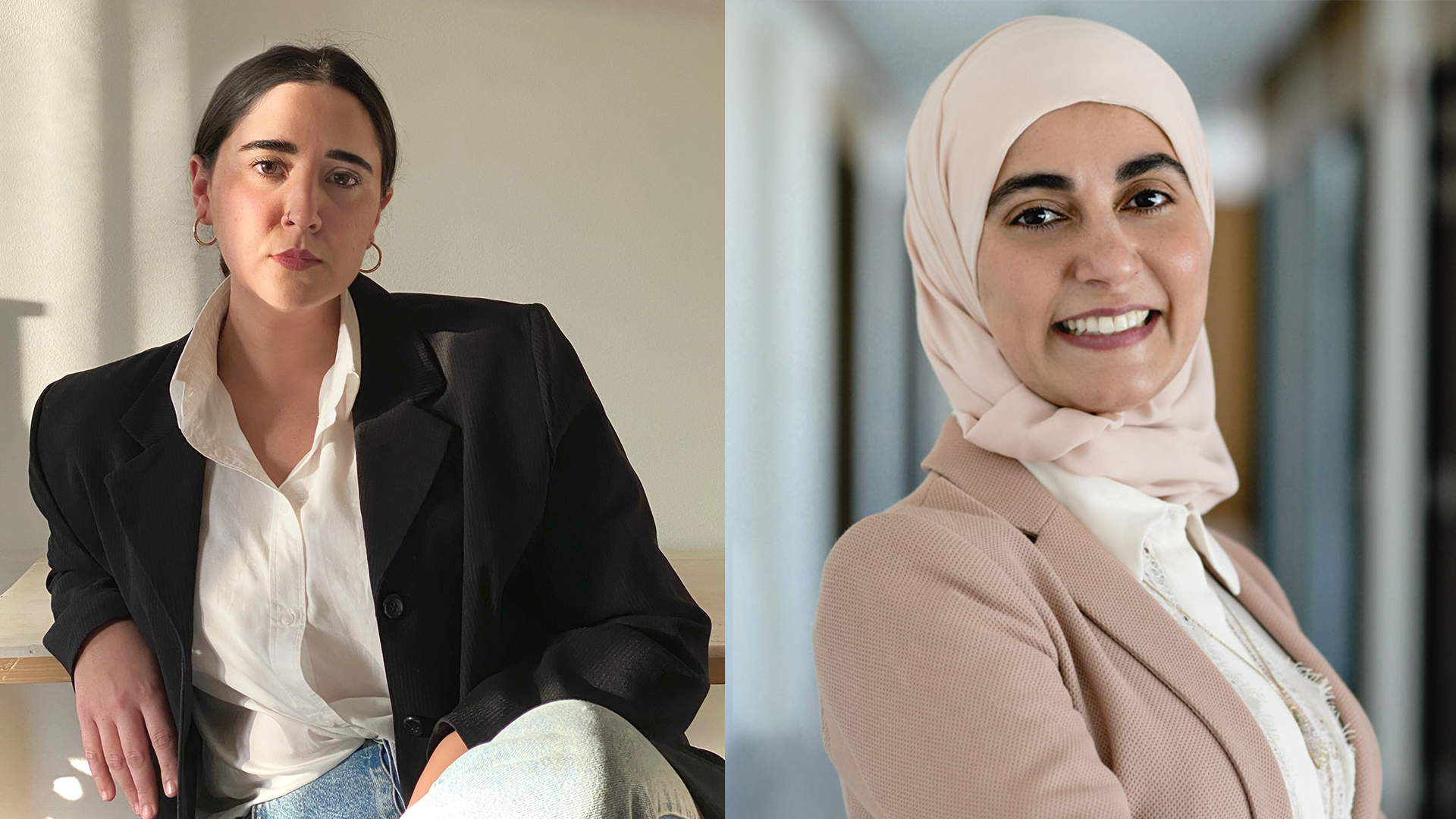DUBAI: Conversations around female intimate health have long been taboo or non-existent in Arab cultures. But a new crop of female doctors and healthcare practitioners on social media are aiming to destigmatize sexual wellness and educate women about their health, one Instagram post at a time.
“There are so many stereotypical taboos regarding women’s health in the UAE,” Dr. Deemah Salem told Arab News.
The specialist in obstetrics and gynecology in Dubai, who goes by @dr.deemahsalem on Instagram, said: “Being Arab-American myself I understood how some myths about women’s health could have developed, but I made it a mission to debunk them because some of these myths can lead to harmful practices.
She uses her platform to inform her followers about all aspects of sexual health, and talk about issues that many women might be embarrassed to discuss.
Salem believed that sexual education was still frowned upon in the region due to conservative cultural norms and that, while most UAE schools offered sexual education classes for young girls, a lot of females still felt uncomfortable about discussing intimate matters with doctors.
“It’s possible to educate women about their sexual and reproductive health while still respecting cultural and religious values. Women need to feel comfortable to discuss their intimate issues with their gynecologists.”
Egypt-based doula Nour Emam said there were popular misconceptions about what sex education actually entailed. “I think people think that if we have sex education, we’d be promoting sex and promiscuity, when in reality having sex education at primary and secondary levels in school usually means youth engage later in sexual activities and what’s more important is that they are safe (while) doing so,” she told Arab News.
She founded the Instagram page @thisismotherbeing in order to give women the information they need about their health and, with 173,000 followers, the message clearly resonates.
Many women are either unaware, or worse, misinformed about their sexual education because there is scarce access to accurate information.
According to Salem, there are several myths and areas of concern that women in the region need to be educated on.
“We need to teach women how to practice feminine hygiene in a healthy way, help them understand how normal female genitalia functions, to realize the role of preventative healthcare, to encourage women to discuss any sexual concerns with their doctors, and to educate about domestic and intimate partner violence.
“In addition to harmful practices, ignorance can lead to an array of problems for women, including unintended pregnancies, sexually transmitted diseases, recurring vaginal infections, sexual dysfunction disorders, mental health disorders and marital issues… just to name a few.”
These female healthcare practitioners are no strangers to backlash despite - or perhaps due to - their engaging social media presence.
“I’m the most loved/hated woman in Egypt,” Emam remarked. “People think I’m leading young girls astray and that my information will ‘give them ideas.’ Of course, this is to be expected. No one wants to admit that the stuff I talk about is real and true, especially when this information enables women to choose.”
She described what she believed to be the most important areas for knowledge dissemination online.
“Absolutely everything,” she stated. “Reproductive and sexual health education is a continuum. It’s an entire spectrum and you can’t take one thing without learning the rest. Women just need to be certain that they have rights when it comes to their place in society, healthcare and maternity care.”







0 التعليقات:
إرسال تعليق